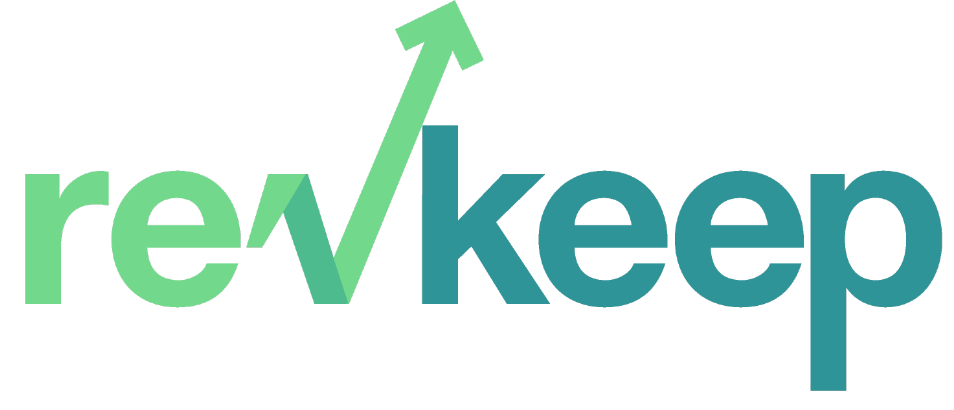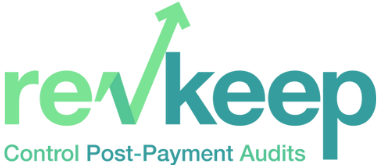Introduction to RAC Audits
RAC audits, short for Recovery Audit Contractor audits, are an essential part of the compliance department in hospitals. These audits are conducted by government-approved auditors to ensure that healthcare providers are billing accurately and in compliance with the Medicare and Medicaid rules and regulations. RAC audits play a crucial role in identifying and recovering improper payments, preventing fraud, and improving overall healthcare billing practices.
Understanding RAC Audits
RAC audits focus on reviewing medical records, billing claims, and supporting documentation to identify overpayments, underpayments, and billing errors. The auditors assess whether the services provided were medically necessary, correctly coded, and appropriately billed. They look for documentation deficiencies, unbundling of services, upcoding or downcoding, and other billing irregularities.
The Centers for Medicare and Medicaid Services (CMS) contracts with independent RACs to perform audits. These RACs have extensive knowledge of Medicare and Medicaid rules and regulations and are responsible for conducting audits in specific regions or jurisdictions.
Importance of RAC Audits in the Compliance Department
RAC audits play a vital role in the compliance department of a hospital. Here are a few reasons why these audits are crucial:
Identifying Billing Errors: RAC audits help identify and rectify billing errors, ensuring accurate reimbursement for healthcare services provided. By pinpointing areas of non-compliance, hospitals can take corrective actions to improve their billing practices and avoid potential penalties.
Preventing Fraud and Abuse: RAC audits help detect instances of fraud and abuse in healthcare billing. By examining medical records and claims, auditors can identify intentional misrepresentation of services or deliberate overbilling. This not only helps protect the integrity of the healthcare system but also ensures that resources are allocated appropriately.
Promoting Compliance: RAC audits encourage hospitals to adhere to Medicare and Medicaid rules and regulations. By conducting regular audits, hospitals can proactively identify compliance gaps and implement corrective measures. This helps maintain a culture of compliance and reduces the risk of future audits and penalties.
Challenges Faced by the Compliance Department
RAC audits can present several challenges for the compliance department of a hospital. Some common challenges include:
Complex Regulations: Medicare and Medicaid billing regulations can be complex and constantly evolving. Staying updated with the latest rules and ensuring compliance can be a daunting task for the compliance department.
Volume of Records: Hospitals generate a large volume of medical records and billing claims. Reviewing and organizing these records for RAC audits can be time-consuming and resource-intensive.
Resource Constraints: Compliance departments often face resource constraints, including limited staff and budget. Meeting the demands of RAC audits while managing other compliance responsibilities can be overwhelming.
How RevKeep Simplifies RAC Audits
RevKeep is an easy-to-use software solution designed to streamline RAC audits and help RCM teams win more of them. With RevKeep, hospitals can simplify the auditing process, reduce manual effort, and improve compliance. Here’s how RevKeep can help:
Comprehensive Compliance Management: RevKeep provides a centralized platform to manage compliance activities, including RAC audits. It helps hospitals stay updated with the latest regulations, track audit progress, and generate audit-ready reports.
Automated Record Organization: RevKeep automates the organization of medical records and billing claims, making it easier to locate and retrieve information during RAC audits. This saves time and reduces the chances of missing or misplaced documents.
Real-time Collaboration: RevKeep facilitates real-time collaboration among team members involved in the audit process. It allows seamless communication, task assignment, and progress tracking, ensuring efficient audit management.
In conclusion, RAC audits are a critical component of the compliance department in hospitals. They help identify billing errors, prevent fraud, and promote compliance with Medicare and Medicaid regulations. However, managing RAC audits can be challenging without the right tools. RevKeep simplifies the auditing process, enabling hospitals to streamline RAC audits and increase their chances of success. With RevKeep, RCM teams can enhance their compliance efforts and win more RAC and private payor audits.
To learn more about how RevKeep can help your hospital streamline RAC audits, visit RevKeepSoftware.com.


